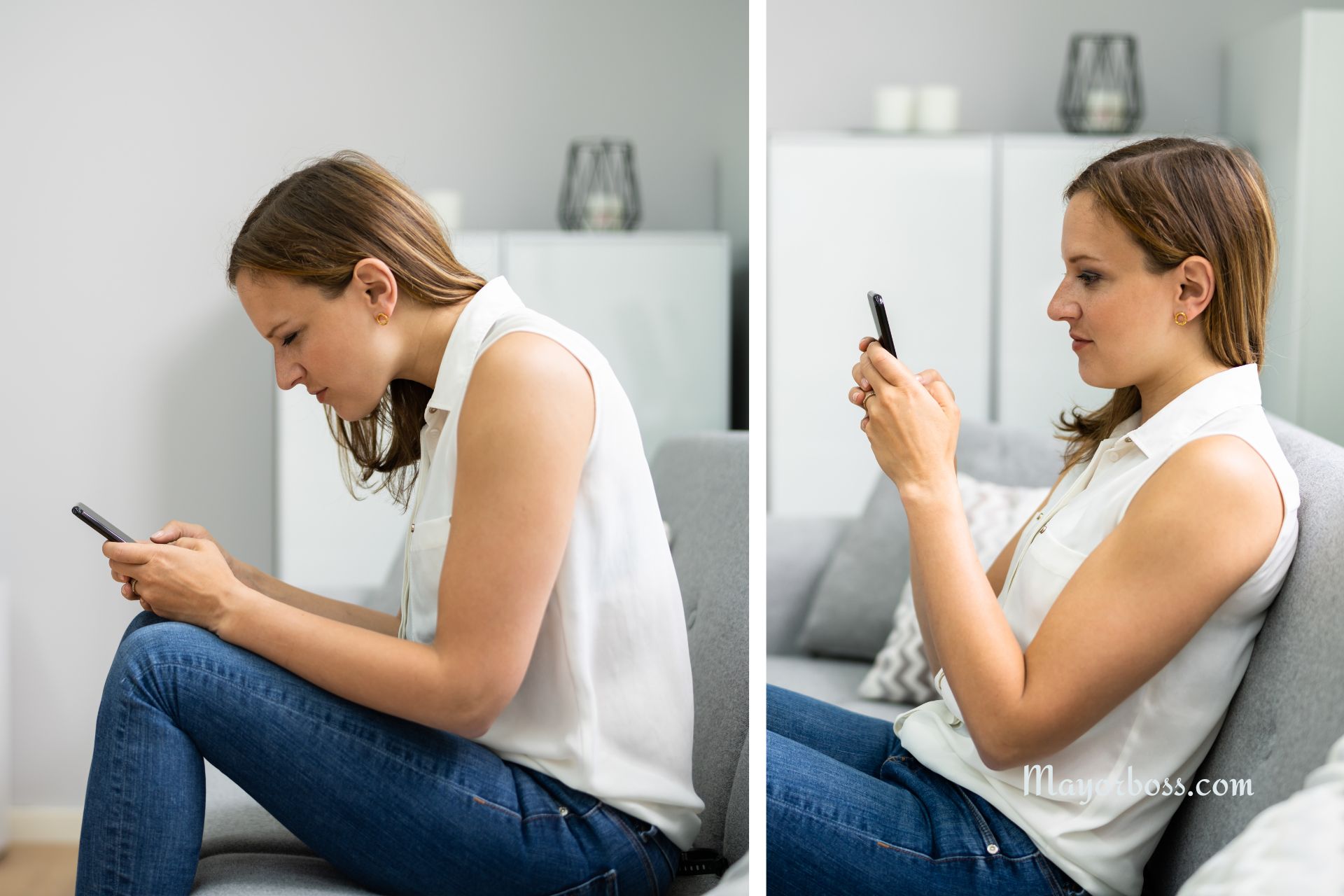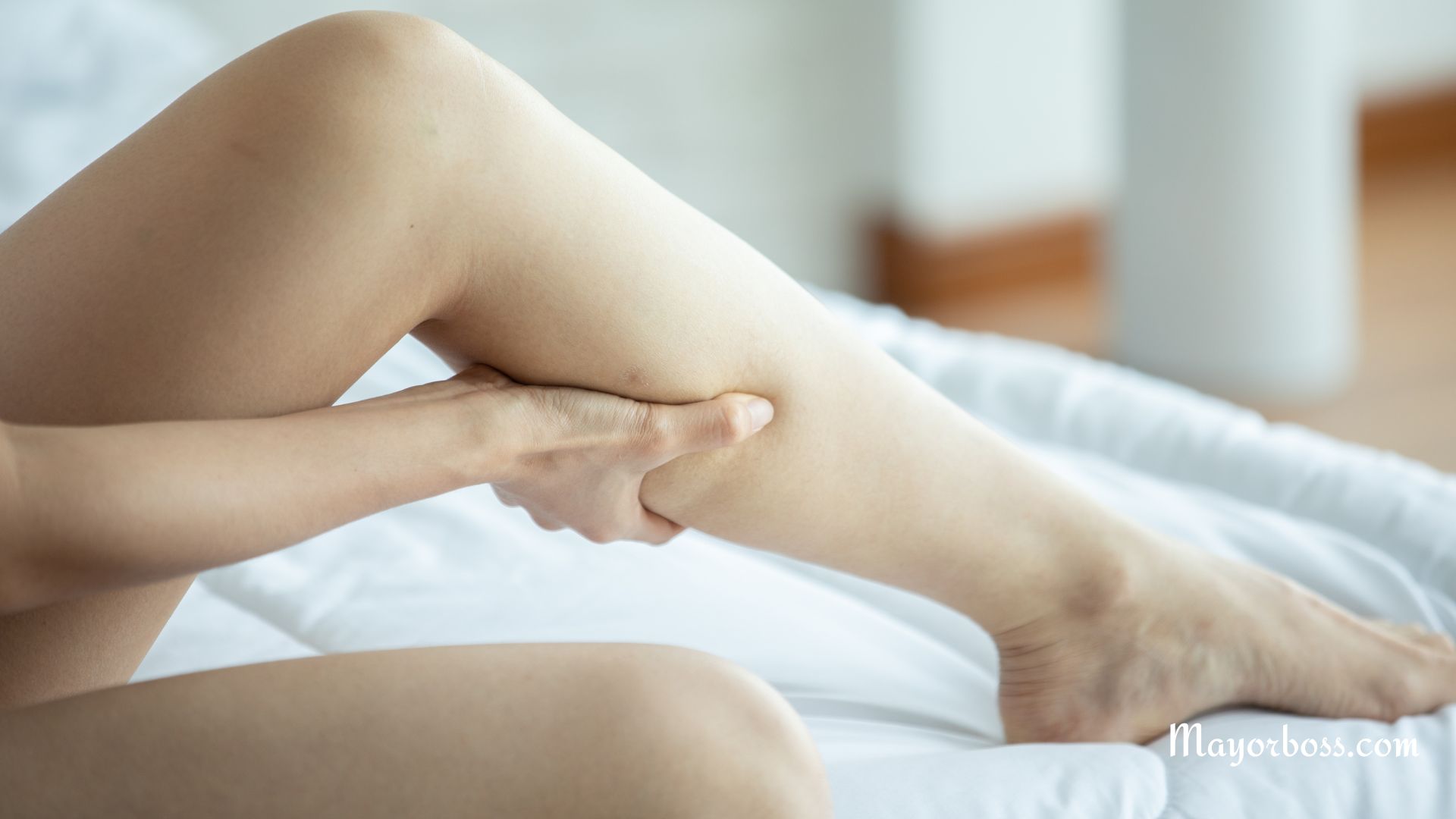5 Everyday Habits That Are Secretly Causing Your Lower Back Pain
Lower back pain can sneak up on you when you least expect it. You might think it’s just a part of getting older or a result of a particularly tough workout. But, believe me, it’s often the little things you do every day that can quietly contribute to this discomfort. Let me share with you some everyday habits that may be the culprits behind your lower back pain. You might be surprised by how common they are—and how easy they can be to change!

Sitting for Long Periods Without Taking Breaks Is Straining Your Lower Back
If you’re like most people, sitting for long periods is probably a big part of your daily routine. Whether you’re at your desk, watching TV, or driving, sitting too much can be a major contributor to lower back pain. The problem here is that prolonged sitting puts pressure on your spine, particularly the lower back, which can lead to stiffness and discomfort.
When you sit for too long without taking breaks, your back muscles and spinal discs don’t get the circulation they need. This lack of movement can cause your muscles to tighten, your discs to compress, and ultimately lead to pain. In my experience, simply standing up and stretching every 30 minutes can make a world of difference. It’s clear to me that those small breaks can save you from a lot of pain down the road.
Constant Phone Use Is Affecting Your Posture and Causing Lower Back Pain
You might not realize it, but constant phone use can have a serious impact on your posture, leading to lower back pain. How often do you find yourself hunched over your phone, scrolling through social media, texting, or watching videos? This common habit, often referred to as “tech neck,” can strain not only your neck but also your lower back.
When you’re constantly looking down at your phone, it causes your head to tilt forward, putting extra pressure on your spine. This forward head posture forces your lower back to compensate, leading to muscle strain and discomfort. Personally, I’ve noticed that holding my phone at eye level and taking frequent breaks from screen time has helped alleviate this issue. It’s clear that being mindful of how you use your phone can prevent long-term damage to your back.
Sleeping on a Soft Mattress Is Failing to Support Your Spine Properly
Did you know that your mattress could be a significant factor in your lower back pain? While a soft mattress might feel comfortable at first, it can actually do more harm than good when it comes to supporting your spine. When you sleep on a mattress that is too soft, your body can sink into it, causing your spine to curve unnaturally. This lack of proper support can lead to misalignment of your spine and strain on your lower back muscles.
Switching to a medium-firm mattress can provide the right balance between comfort and support. A mattress that supports your spine’s natural alignment helps to reduce pressure points and keeps your back in a healthier position throughout the night. If you’re waking up with lower back pain, it might be time to reconsider your mattress choice.
Wearing the Wrong Shoes Is Throwing Off Your Alignment
Believe it or not, your choice of footwear can play a significant role in your lower back pain. High heels, flip-flops, and unsupportive shoes can all alter your posture and the way you walk, leading to lower back issues. When your shoes don’t provide adequate support, your body compensates by adjusting your gait, which can throw off your alignment and put stress on your lower back.
Wearing supportive shoes with good arch support and cushioning can significantly reduce lower back pain. If you’re someone who loves high heels, try to limit how often you wear them and opt for more supportive footwear whenever possible.
Skipping Exercise and Core Strengthening Is Weakening Your Back
One thing I’ve observed is that a lack of exercise, especially core-strengthening activities, can lead to lower back pain. Your core muscles play a crucial role in supporting your spine and maintaining good posture. When these muscles are weak, your lower back has to work harder to keep you upright, which can lead to pain and discomfort.
Skipping exercise doesn’t just weaken your core; it also reduces your overall flexibility and mobility, making you more prone to back injuries. I’d suggest incorporating exercises that target your core, such as planks, bridges, and leg raises, into your routine. Not only will this strengthen your back, but it will also improve your posture and reduce your risk of future back pain.
Final Thoughts: Small Changes Can Make a Big Difference in Reducing Your Lower Back Pain
Lower back pain can be frustrating, but the good news is that by making a few simple changes to your daily habits, you can significantly reduce or even eliminate this discomfort. From taking regular breaks and improving your posture to wearing supportive shoes and strengthening your core, these adjustments are easy to implement and can have a profound impact on your overall back health.






